Boutique Legal Services Rooted in Trust, Honesty, and Excellence
SERVING BOSTON, CAPE COD & BEYOND
A Local Law Firm Dedicated to Protecting Your Real Estate and Legacy
Navigating a real estate deal or planning your estate shouldn’t feel overwhelming. For over two decades, we’ve helped clients across Massachusetts make smart, secure decisions with trusted legal guidance tailored to their needs.
Legal Solutions with a Human Touch
✓ Genuinely Care About Our Clients
✓ Welcoming and Inclusive Environment
✓ Comprehensive Real Estate Expertise
✓ Capable of Handling Complex Transactions
✓ Seamless Estate Planning Solutions
TESTIMONIALS
Why Our Clients Love Us







